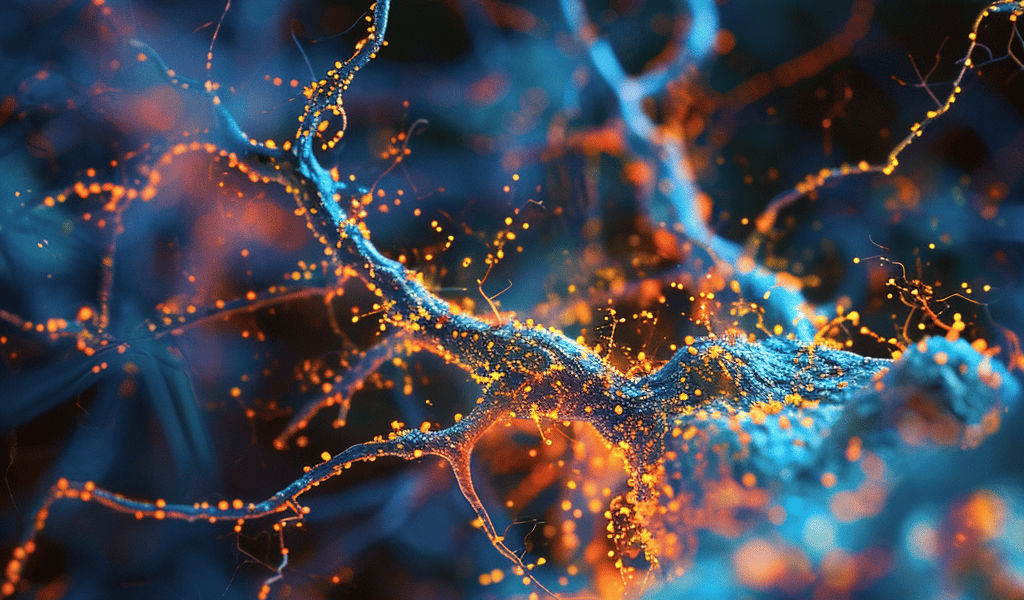Neurologists have made a groundbreaking discovery in the field of memory enhancement. A recent study has revealed a potential link between memory improvement and the chemical activity of a crucial protein molecule in the brain. The implications of this research could pave the way for revolutionary treatments for memory-related disorders.
The intricate process of memory formation involves the adjustment of connections between neurons in the brain. This process alters the strength of chemical signals transmitted across synapses, which are then received by specific receptors. In this complex landscape, the regulation of the chemical environment surrounding receptor proteins is vital. Protein molecules known as ‘kinases’ play a pivotal role in this molecular management.
One such kinase, LIMK1, has been identified as a key player in altering the molecular structures of dendrites, the branches extending from the neuron’s main body. This alteration allows for the maintenance of intricate networks of interconnections. Specifically, LIMK1 drives the formation of dendritic spines, which are responsible for the majority of synapses and create new pathways for information transmission as memories form.
While the role of LIMK1 has been under scrutiny for some time, a direct link between memory and the chemical processes triggered by this molecule had not been established until now.
In a groundbreaking experiment detailed in a recent publication in Science Advances, researchers, led by Cristian Ripoli at the Catholic University in Rome, sought to determine whether the chemical activity of LIMK1 could be manipulated to enhance memory. They genetically modified neurons in a group of mice to alter the structure of LIMK1 in their synapses, effectively turning the proteins into a ‘molecular switch.’ This modification allowed the sequence of amino acids making up the proteins to be altered, subsequently modifying their activity. The researchers designed the switches to be activated on command by introducing the drug rapamycin.
Upon testing the altered protein, the team observed that LIMK1 in its switched state induced the formation of dendritic spines, hinting at the potential for memory enhancement. This groundbreaking result holds promise for the development of innovative treatments for memory-related conditions.





